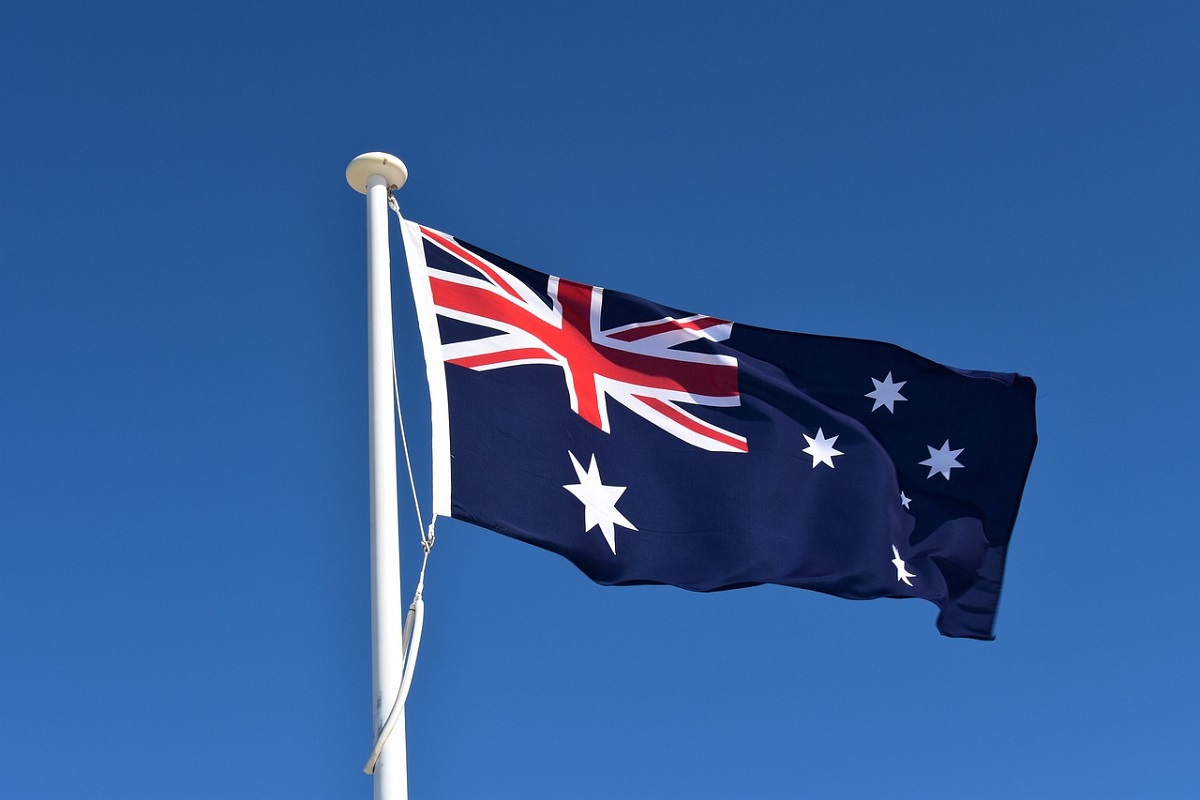In Australia, the Reserve Bank, in collaboration with the Digital Finance Cooperative Research Centre (DFCRC), demonstrated the potential use cases and economic benefits of the central bank’s digital currency (CBDC).

An example of using Canvas demonstrated the exchange of the Australian dollar CBDC for USDC, a stablecoin in US dollars on the Canvas CBDC exchange, and instant international money transfers on the ZK Layer 2 privacy blockchain.
Last week, fintech Canvas made the first transaction using the Australian CBDC. This transaction was carried out as part of the CBDC pilot project of the Reserve Bank of Australia (RBA) and the Joint Digital Finance Research Center (DFCRC).
The first currency transaction was completed between DigitalX (ASX: DCC) registered on ASX and the TAF Capital fund manager for the exchange of eAUD for USDC stablecoin on Wednesday, May 17.
Canvas is a global company that operates in the field of financial technology. The firm’s mission is to digitize finance. This company is currently a participant in a project to test currency transactions and international money transfers using the Australian CBDC – AUD.
Connect ensures the confidentiality of the process, minimization of financial costs, and instant transactions on the public Ethereum blockchain. Canvas technologies demonstrate how blockchain eliminates the inefficiency of the foreign exchange market and settlement risks.
David Lavecki, co-founder and CEO of Canvas, expressed confidence that his company’s solution has the potential to increase transaction speed and reduce risks and minimize costs compared to traditional foreign exchange trading networks. He noted that the real-time CB DC test demonstration is a landmark event for the digital finance industry in Australia.
As we have reported earlier, Ripple Rolls Out CBDC Platform.









